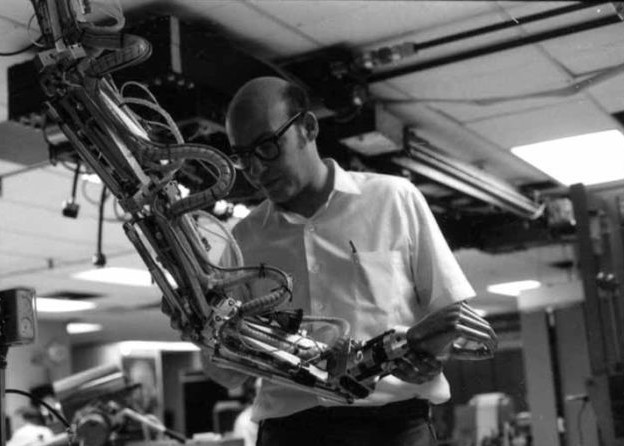It could be said that the job of bridge toll collector was invented in San Francisco. In 1968, the Golden Gate Bridge became the world’s first major bridge to start employing people to take tolls.
But in 2013 the bridge where it all began went electronic. Of its small band of collectors, 17 people were redeployed or retired and nine found themselves out of work. It was the software that did it – a clear-cut case of what economists call technological unemployment. Licence-plate recognition technology took over. Automating jobs like that might not seem like a big deal. It is easy to see how it might happen, just as how we buy train tickets at machines or book movie tickets online reduces the need for people.
But technology can now do many more things that used to be unique to people. Rethink Robotics’ Baxter, a dexterous factory robot that can be programmed by grabbing its arms and guiding it through the motions, sells for a mere $25,000 (equivalent to about $4 an hour over a lifetime of work, according to a Stanford University study). IPsoft’s Amelia, a virtual service desk employee, is being trialled by oil industry companies, such as Shell and Baker Hughes, to help with employee training and inquiries. Meanwhile, doctors are piloting the use of Watson, IBM’s supercomputer, to assist in diagnosing patients and suggesting treatments. Law firms are using software such as that developed by Blackstone Discovery to automate legal discovery, the process of gathering evidence for a lawsuit, previously an important task of paralegals. Rio Tinto’s “mine of the future” in Western Australia has 53 autonomous trucks moving ore and big visions for expansion. Even the taxi-sharing company Uber is in on the act – it has just announced it will open a robotics research facility to work on building self-driving cars.
The upshot will be many people losing jobs to software and machines, says Silicon Valley-based futurist Martin Ford, whose book The Rise of the Robots comes out this year. He forecasts significant unemployment and rising inequality unless radical changes are made.•
Working off futurist Martin Ford’s forthcoming book Rise of the Robots, Zoë Corbyn of the Guardian analyzes the next phase of labor, in which many of the human laborers will be phased out. The opening:
Tags: Martin Ford, Zoë Corbyn

